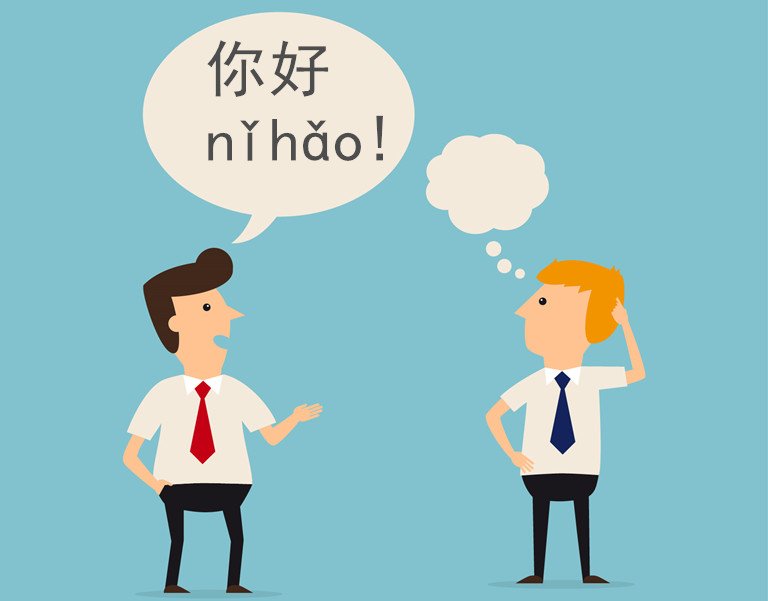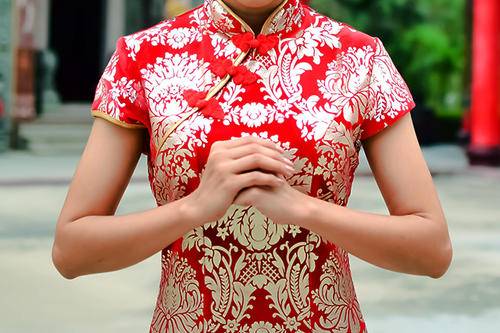Chinese Greeting that Means You Good: A Traveler’s Guide to Friendly Greetings

Are you planning a trip to China? Learning a few basic greetings can go a long way in making connections. Let’s explore the famous Chinese greeting that means “you good” and other useful phrases.
Table of Contents
The Universal Chinese Greeting: 你好 (Nǐ hǎo)
When you think of Chinese greetings, “你好” (nǐ hǎo) likely comes to mind. It’s the go-to phrase for “hello” in Mandarin Chinese.
But what does it actually mean? Let’s break it down:
- 你 (nǐ) = you
- 好 (hǎo) = good
So, “你好” literally translates to “you good.” It’s a warm, friendly way to greet someone in Chinese.
How to Use “Nǐ hǎo” Correctly
Using “你好” is simple. You can say it to anyone, anytime. It works for both formal and informal situations.
Here are some tips:
- Pronounce it clearly: “nee how”
- Use it when meeting someone for the first time
- Pair it with a smile for extra friendliness
Beyond “Nǐ hǎo”: Other Useful Chinese Greetings
While “你好” is great, knowing a few more greetings can enhance your travel experience.
1. 你好吗 (Nǐ hǎo ma) – How Are You?
This phrase adds a question particle “吗” (ma) to “你好”. It turns the greeting into a question: “How are you?”
Use it like this:
- You: 你好吗?(Nǐ hǎo ma?)
- Reply: 我很好,谢谢!(Wǒ hěn hǎo, xièxiè!) – I’m good, thanks!
2. 早上好 (Zǎoshang hǎo) – Good Morning
Start your day right with this cheerful greeting. It’s perfect for hotel staff, tour guides, or friendly locals you meet on your morning walks.
3. 您好 (Nín hǎo) – Hello (Respectful)
This is the polite form of “你好”. Use it with older people or in formal situations. It shows respect and good manners.
Diving Deeper: The Cultural Significance of Greetings
In Chinese culture, greetings are more than just words. They’re a way to show respect and build relationships.
The Importance of Tone
Chinese is a tonal language. The way you say “你好” can change its meaning. Practice the rising tone on “nǐ” and the falling-rising tone on “hǎo” for perfect pronunciation.
Body Language Matters
Pair your greetings with appropriate body language:
- A slight nod is common
- In formal settings, a light handshake might be expected
- Avoid hugging or kissing cheeks, as it’s not common in Chinese culture

Advanced Greetings for the Curious Traveler
Ready to impress locals with your language skills? Try these:
1. 你怎么样?(Nǐ zěnme yàng?) – How’s it going?
This casual phrase is great for friends or younger people you meet on your travels.
2. 吃了吗?(Chī le ma?) – Have you eaten?
This might sound odd to Western ears, but it’s a common greeting in China. It shows care and concern for the other person’s well-being.
Tips for Using Chinese Greetings While Traveling
- Start every interaction with a greeting
- Listen carefully to how locals greet you and mimic their style
- Don’t be afraid to make mistakes – most people appreciate the effort
- Use greetings as a conversation starter to learn more about local culture
Practical Applications for Travelers
Now that you’ve learned these greetings, let’s see how to use them in real-life travel situations.
At the Hotel
When you check in, greet the receptionist with a friendly “您好” (Nín hǎo). This formal greeting shows respect and sets a positive tone for your stay.
In Restaurants
As you enter a restaurant, a simple “你好” (Nǐ hǎo) to the staff is a great start. You might hear “吃了吗?” (Chī le ma?) – remember, this is just a greeting, not an actual question about your meal!
On Public Transportation
If you need to ask for directions, start with “对不起” (Duìbuqǐ) which means “Excuse me,” followed by “你好” (Nǐ hǎo). This polite approach will often lead to helpful responses.
At Tourist Attractions
Greet your tour guide with “早上好” (Zǎoshang hǎo) in the morning. It’s a great way to start your day of exploration on the right foot.

Common Mistakes to Avoid
While learning Chinese greetings, be aware of these common pitfalls:
- Tone confusion: Saying “nǐ” with a falling tone instead of rising can change the meaning entirely
- Over-formality: Using “您好” (Nín hǎo) with peers might come across as strange
- Forgetting context: “吃了吗?” (Chī le ma?) is casual – don’t use it in formal settings
Wrapping Up: The Power of “You Good” in Chinese
Learning to say “you good” in Chinese opens doors to meaningful connections. It shows respect for the culture and a willingness to engage.
Remember, language learning is a journey. Start with “你好” and expand your repertoire as you travel. Each new phrase you learn enriches your experience in China.
So, are you ready to greet China with confidence? Practice these phrases, and you’ll be well on your way to making lasting impressions on your Chinese adventure!
Don’t forget, the effort you put into learning these greetings will be appreciated. Even if your pronunciation isn’t perfect, your attempt to speak the local language will often be met with smiles and encouragement.
As you prepare for your trip with Travel China With Me, keep practicing these greetings. They’re your first step towards a more immersive and rewarding travel experience in China. 加油 (Jiāyóu) – Good luck and keep going!







